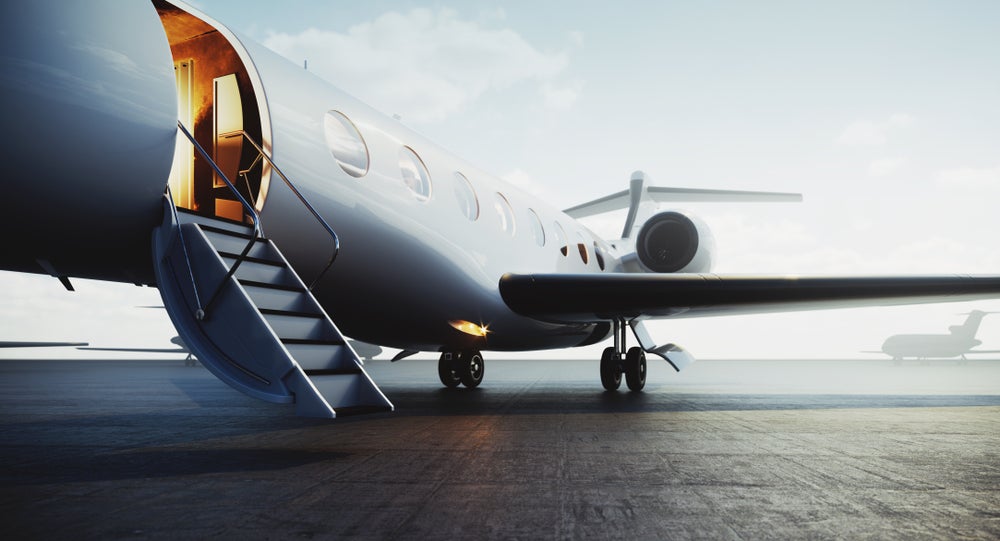Travel
MENA region leads global growth in luxury travel reports Mastercard

The Middle East and North Africa is one of the main regions driving growth in affluent travel, recording high spends. It is also displaying an appetite for sustainable eco-luxury and meaningful cultural experiences. Mastercard’s ‘Affluent Travel: A Middle East Perspective’ report reveals an appetite for new experiences in unexplored destinations. The global luxury travel market is expected to grow by 7.9% (CAGR) between 2024 and 2030. Mastercard reports that high-net-worth travellers contribute approximately 36% of the global spend on travel.
“At Mastercard, we are committed to connecting people to their passion for travel. This report gives a great snapshot of how high-net-worth individuals choose to travel. It’s wonderful to see sustainability, cultural immersion and purpose as key considerations, along with quality accommodation, seamless technology and loyalty benefits. We will continue to harness the power of partnerships with leading industry players to come up with innovative solutions that unlock access to a whole new world of unparalleled travel experiences,” said Amnah Ajmal, Executive Vice President, Market Development EEMEA, Mastercard.
The rise of the ‘bleisure’ traveller
Over a third (36%) of luxury travellers say they want to experience different cultures. The combination of business and leisure, or ‘bleisure’, is also resulting in more remote-work trips as digital nomads change the face of travel. Affluent travellers are almost twice as likely as the global average to have taken a vacation as an extension to a business trip. Furthermore, Marriott Bonvoy research also showed that solo travel is being embraced, with 70% of respondents in the UAE and 69% in Saudi Arabia saying they’ve travelled solo.
Seeking out sustainable credentials and authentic eco-luxury
Affluent consumers are keen adopters of the conscious travel trend and place a premium on the authenticity of eco-luxury experiences. These include associating with travel brands that support local communities. Globally, one in 10 consumers have stayed in luxury eco-friendly accommodation in the last three years. This compares to five of 10 among 18–34-year-old affluents.
Meaningful experiences over material things
The report notes that this market segment places more emphasis on experiences than on physical goods. More than half of affluent travellers, compared to 43% of the global total, prioritise meaningful travel experiences over shopping and souvenirs.
Luxury travellers are prioritising unique personalised experiences over location. However, they also want their money’s worth in the form of exemplary customer service and pampering.
Access the most comprehensive Company Profiles
on the market, powered by GlobalData. Save hours of research. Gain competitive edge.

Company Profile – free
sample
Thank you!
Your download email will arrive shortly
We are confident about the
unique
quality of our Company Profiles. However, we want you to make the most
beneficial
decision for your business, so we offer a free sample that you can download by
submitting the below form
By GlobalData
High-spending loyalty supporters
Based on average spend per card by origin market, GCC travellers are among the highest spenders. According to a 2023 Mastercard Economics Institute report, Kuwaiti tourists, for instance, spend on average of $3,390 per card in Paris, five times as much as their American counterparts. High-net-worth individuals are also power users of loyalty schemes and membership cards – 34% versus the overall average of 24%.
As wealth migrates to younger generations, Millennials (aged 30 to 44 years) now comprise the highest percentage of luxury seekers, followed by Gen Z (aged 15 to 29). Within the GCC, however, Gen X (aged 43 to 58 years) is expected to make the highest contribution to travel growth.











